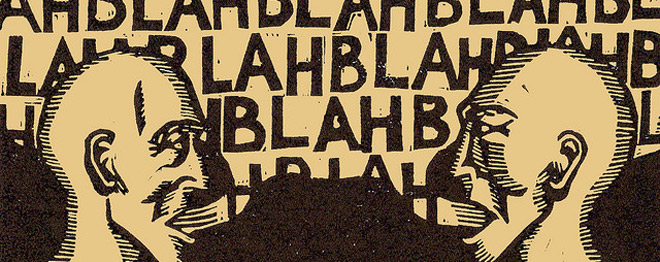Time Magazine’s decision to name Facebook founder and CEO Mark Zuckerberg 2010 Person of the Year reflects our growing love affair with Facebook and, to a greater extent, the significance with which social tools and technologies have permeated our lives. Presumably this means the social Web, driven largely by Facebook’s rapid growth, has finally reached a major milestone in terms of garnering the hearts and minds of the global collective consciousness.
As Lev Grossman puts it in the POY Special, “Facebook has merged with the social fabric of American life, and not just American but human life: nearly half of all Americans have a Facebook account, but 70% of Facebook users live outside the U.S”; “[Facebook] added its 550 millionth member; One out of every dozen people on the planet has a Facebook account. They speak 75 languages and collectively lavish more than 700 billion minutes on Facebook every month. Last month the site accounted for 1 out of 4 American page views. Its membership is currently growing at a rate of about 700,000 people a day.”
While these facts sound staggering, perhaps they signal we’ve reached the critical tipping point of Facebook’s peak popularity. In fact, if Facebook is the barometer for social in general, it’s entirely plausible we could be on the cusp of a social media version of the dotcom bubble burst —or at least a minor contraction in terms of our propensity for socially-centric marketing, brand and consumer engagement. Similar to the coming Darwinism of mobile apps, so too social engagement strategies will need evolve to stay relevant in the digital space.
Eric Fulwiler, for socialmediatoday.com writes:
“The social media bubble will burst when consumers get tired of companies’ inauthentic and unoriginal presences and promotions. Consumers don’t want to “like” 1000 brands on Facebook, and they don’t want read the blog of their local dry cleaners. The market will crash when consumers start ignoring bland, blatant attempts by late-comer companies who are now overloading our social networks and attention streams.”
Next year, and extending beyond 2012, could very well be the leveling-off phase where the global reach of social tools and technologies employed my marketers, businesses and institutions gradually begins to subside, or at least gets refined in terms what’s working and what’s not.
Umair Haque, Director of the Havas Media Lab, author, Harvard Business Review contributor writes:
“Today, “social” media is trading in low-quality connections — linkages that are unlikely to yield meaningful, lasting relationships. Call it relationship inflation. Nominally, you have a lot more relationships — but in reality, few, if any, are actually valuable. Just as currency inflation debases money, so social inflation debases relationships. The very word “relationship” is being cheapened. It used to mean someone you could count on. Today, it means someone you can swap bits with.”
Christopher Barger, General Motors’ director of global social media and former blogger-in-chief at IBM:
“In my opinion, we’re headed toward a social media version of the dotcom bubble burst. Too much fluffy speak and ego from self-proclaimed gurus and experts, too much focus on the wrong things (i.e. numbers of likes or followers) rather than actual meaningful engagement, too much kumbaya about the beauty of “the conversation” and the importance of engaging… without more demonstrable tie-backs to business goals or results. I think there are a lot of folks who are at somewhere around 14:40 of their 15 minutes.”
These are provocative observations.
Regardless of whether you subscribe to the emerging bubble theories, the notion we could be paying lip service to meaningful social engagements in the form of superficial interactions (e.g. you follow me, I’ll follow you back) raises compelling questions. Namely, do we want quantity or quality in our relationships in the digital space?
While likes and followers can be a great way to bolster a company or brand’s profile, they do not represent the ultimate measurement for success in the social space. Digital strategists beware.
[image credit: Mark Hill via Flickr]

